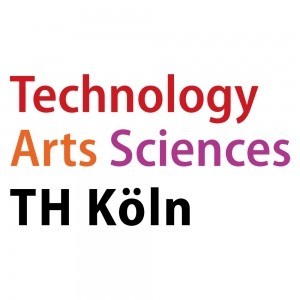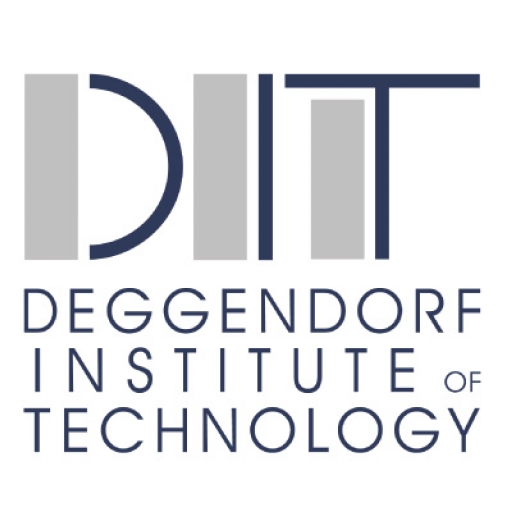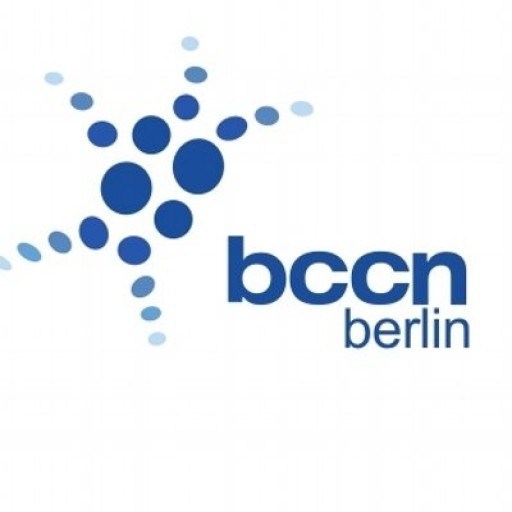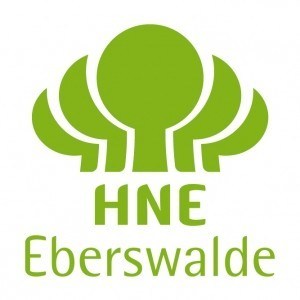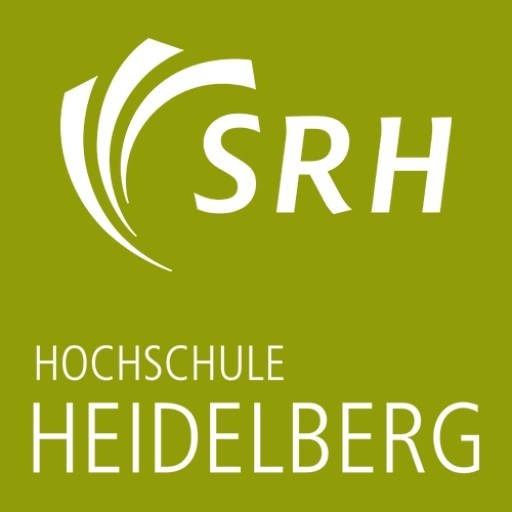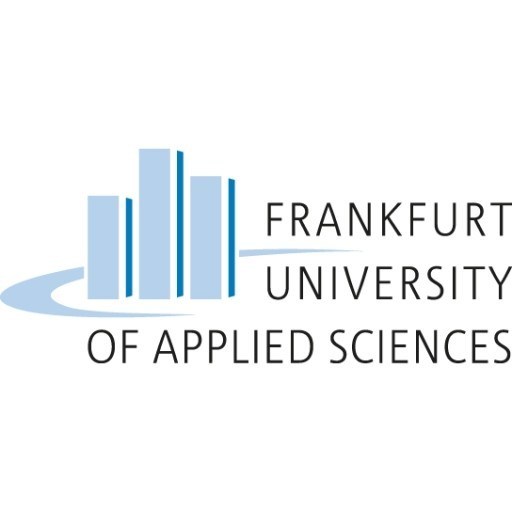Photos of university / #unigoettingen
The Master of Laws in European and Transnational Law of Intellectual Property and Information Technology (LIPIT) at the University of Göttingen offers an interdisciplinary and comprehensive study program designed to prepare students for advanced legal practice and academic research in the rapidly evolving fields of intellectual property rights and information technology law. This program integrates core legal concepts with a nuanced understanding of European Union law, international treaties, and transnational legal frameworks that regulate the creation, enforcement, and commercialization of intellectual property and innovative technologies. Throughout the course, students will explore key topics such as copyright, patent law, trademark regulation, data protection, cybersecurity, and digital innovation, alongside debates on policy-making, ethical considerations, and legal harmonization across jurisdictions. The curriculum emphasizes the development of critical thinking, analytical skills, and practical legal expertise through a combination of lectures, seminars, case studies, and internships. Students will also benefit from specialized modules that address emerging issues like artificial intelligence, blockchain technology, and digital rights management, preparing them for careers in legal advisory roles, policy development, or academia. With a strong international orientation, the program encourages engagement with global legal standards and promotes understanding of cross-border legal challenges. The university’s vibrant academic community, renowned faculty, and connections to European institutions offer students a dynamic environment for professional growth and networking. Graduates of the LIPIT program will be equipped with the theoretical knowledge, practical skills, and international outlook necessary to excel in legal practice, consultancy, academic positions, or policy-making capacities within the fields of intellectual property and information technology law on a European and transnational scale.
Educational organisation
In order to gain your LLM degree, you will have to obtain at least 60 ECTS credits. Of these credits, 20 ECTS will be awarded for the completion of the individual Master's module, which involves the preparation and writing of a Master's thesis. The remaining 40 ECTS credits can be obtained by completing a sufficient number of group study modules, each of which equals to at least 5 ECTS. The list of modules can vary slightly from year to year, but the examples below generally provide a good idea of the available modules:1. Fundamentals of Intellectual Property Law
2. Advanced Intellectual Property Law
3. Fundamentals of Information Technology Law
4. Advanced Information Technology Law
5. E-Commerce Law
6. Competition Law
7. Data Protection Law
8. Media and Telecommunications Law
9. Information Technology and Legal Informatics
10. Economic Foundations of IP and IT Law
11. International and Comparative IP and IT Law
12. Transnational Enforcement of IP and IT Law
Forms of assessment
Written examsLanguage requirements
Applicants must provide proof of sufficient English language skills, for example TOEFL score of at least 550 (paper-based), 213 (computer-based), 79 (Internet-based), or equivalent. Other kinds of proof can also be accepted.Academic requirements
Our admission requirements are a Bachelor's or higher degree in law, computer science, engineering, media studies, or another subject plus one year of relevant professional experience. If you are still finishing your Bachelor's studies or have less than one year of professional experience when applying to the programme, it will not impede your application. It is only important that you complete your studies and have one year of professional experience before the beginning of the programme.Since our students come from various countries with different grading systems, we do not formally require that you achieve a particular average grade in your previous studies (e.g., British first-class honours), but your grades will certainly constitute an important criterion in the evaluation process of applications.
Though our most typical applicants are law graduates, we also welcome applications from graduates from other disciplines as a way to ensure the diversity of backgrounds, skills, and experiences leading to fruitful and mutually beneficial exchange of knowledge and ideas. If your previous field of study is not law, please provide a short explanation of how your studies and/or professional experience are relevant to the specialisation of this Master's programme.
The professional experience requirement can be fulfilled through various practical activities, including internships and traineeships. For example, German law graduates' practical training (Referendariat) satisfies this requirement. However, if a practical activity constituted a mandatory part of your Bachelor's programme, it cannot be counted as professional experience. In certain cases, admission can be granted to applicants with professional experience of less than one year. If you are not sure whether your studies or practical experience satisfies the programme's admission requirements, please contact us before submitting the formal application.
Enrolment fees
300 EUR per semesterThis fee includes a semester ticket covering Göttingen city buses and trains in the whole Lower Saxony.

